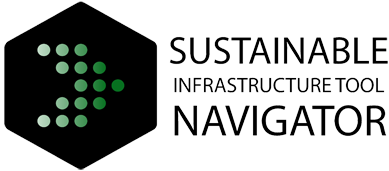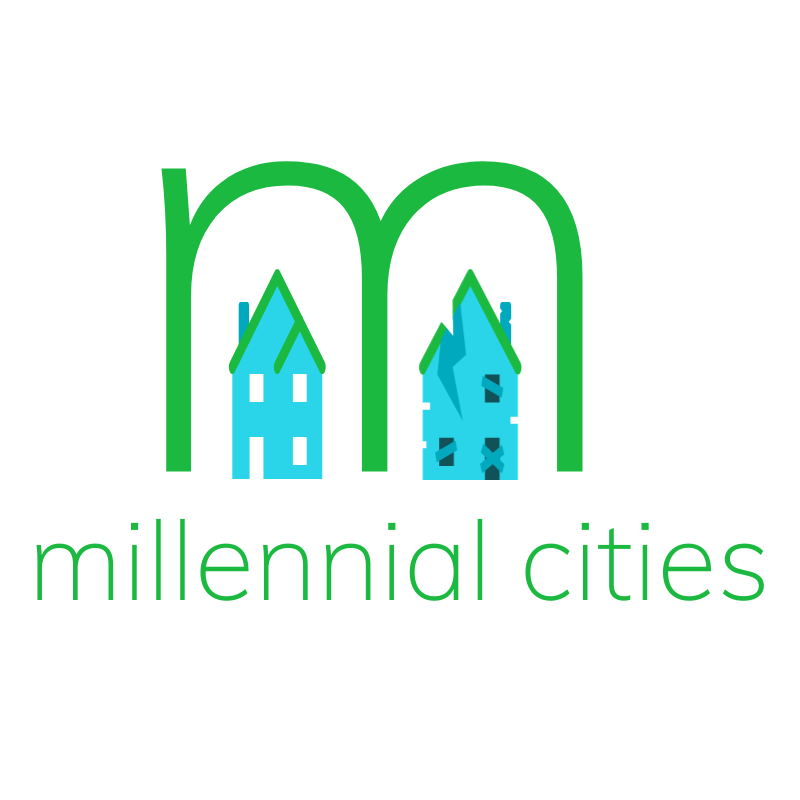millenial cities – Interactive Urban Planning Tools
Organization
Type(s) of Tool
Sector(s)
Lifecycle Phase(s)
Open Source
Language Availability
Country of Origin
Date of Development
Version
Description
Millennial Cities seeks to “serve as an all-purpose hub for interactive, data-driven visualization tools” and to support “planners, changemakers, and curious observers” by collecting publicly available web-mapping applications. The platform categorizes over 100 tools under themes such as culture, economy, environment, government, health, housing, justice, and transportation. Geographically, it provides dedicated pages listing state-level and city-level applications—for example, road-use dashboards for Baton Rouge, short-term rental maps for New Orleans, and transit-camera viewers for King County, WA
Tool Outcome
By centralizing links to interactive geospatial applications, Millennial Cities enables users to:
-
Discover authoritative data on infrastructure and services—such as traffic patterns, flood zones, or property information—without navigating multiple agency sites.
-
Engage stakeholders through embedded story maps and dashboards that facilitate community input on planning proposals and resilience measures.
-
Accelerate analysis by offering direct access to specialized tools—such as wetlands mapping, election-results visualizers, and stormwater management apps—thereby reducing time spent sourcing and validating data
Sustainability Criteria
Urban Planning: Interactive tools for spatial awareness.
Climate Change and Resilience: Interactive tools for understanding future conditions.
Equity: Interactive tools for building equitable spaces.
Sustainability: Interactive tools that aid sustainable practices.
Demographics: Interactive tools that explain our present-day urban and rural surroundings.


